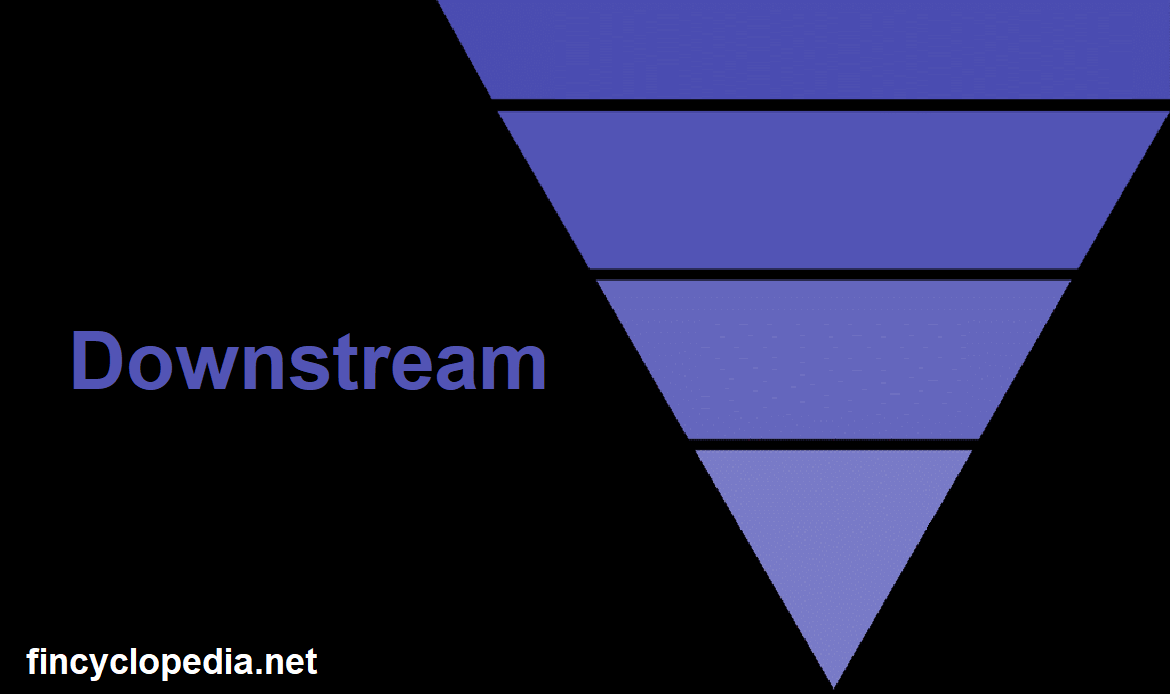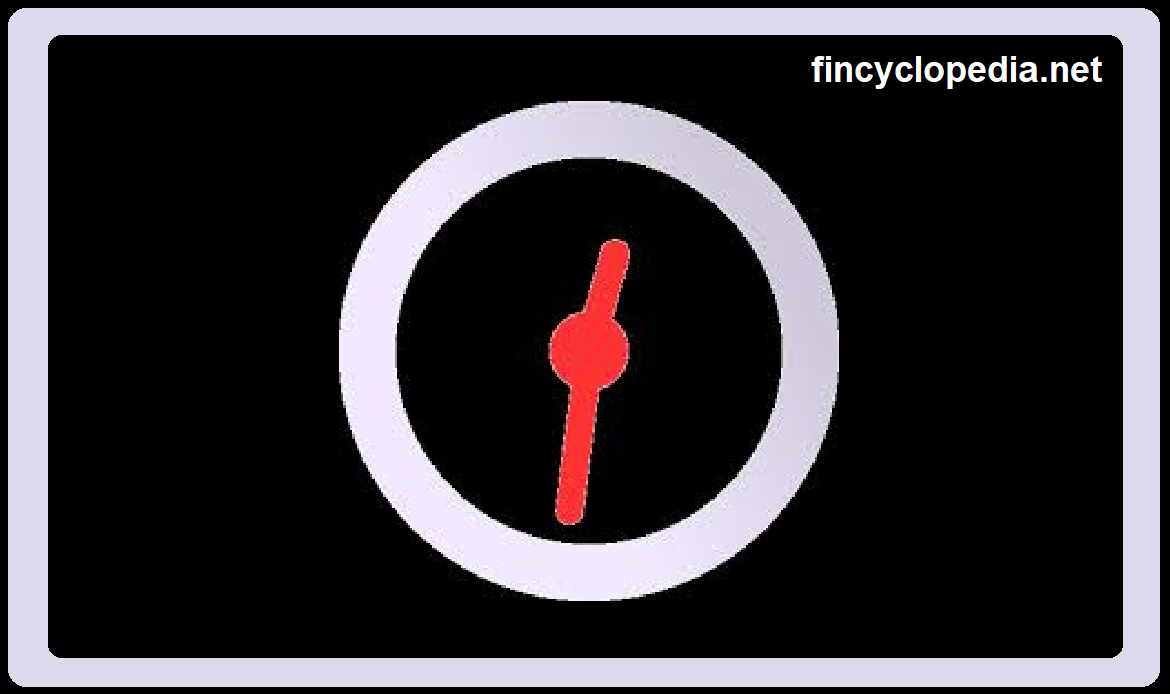A financial instrument or agreement/ contract whose value changes in reaction to the change in a specific underlying asset or financial/ non-financial variable (such as stock market price, bond price, interest rate, commodity price, FX rate, price index, credit rating/ quality, credit index, etc.) and its settlement takes place in the future.
By nature, a derivative requires no initial net investment or if it requires, the initial net investment would be smaller than needed for similar non-derivative contracts.
The types of derivatives are options, futures, forward contracts, and swaps. If the instruments/ contracts are traded directly between the parties, without relying on an exchange or an intermediary, the corresponding derivatives are called over-the-counter derivatives (OTC derivatives). On the other hand, exchange-traded derivatives are those traded in an organized and specialized exchange where market participants meet and trade standardized contracts as defined by the exchange.
In mainstream accounting practices, fair value measurement is usually used for recognition of derivatives in the statement of financial position.






